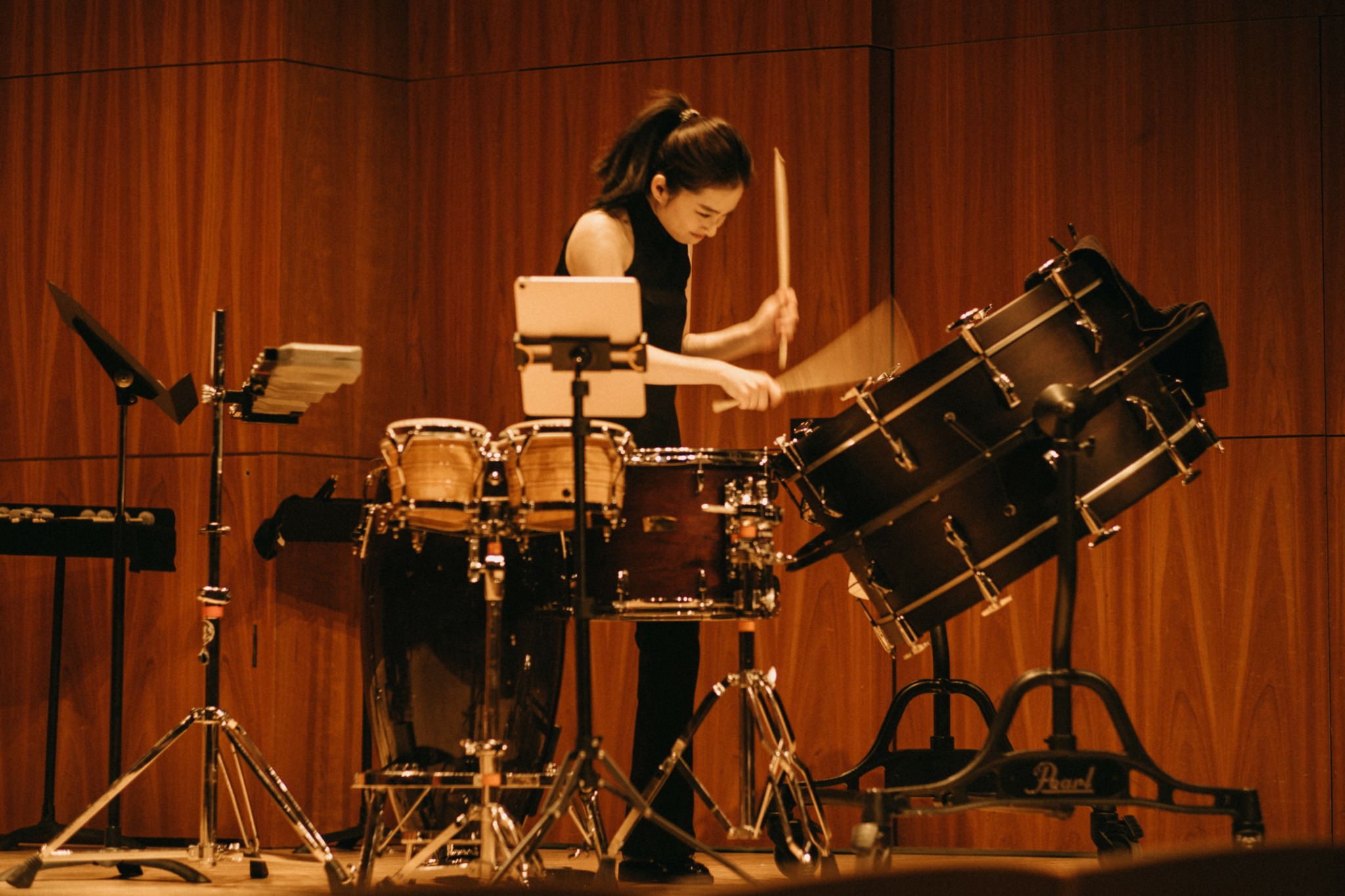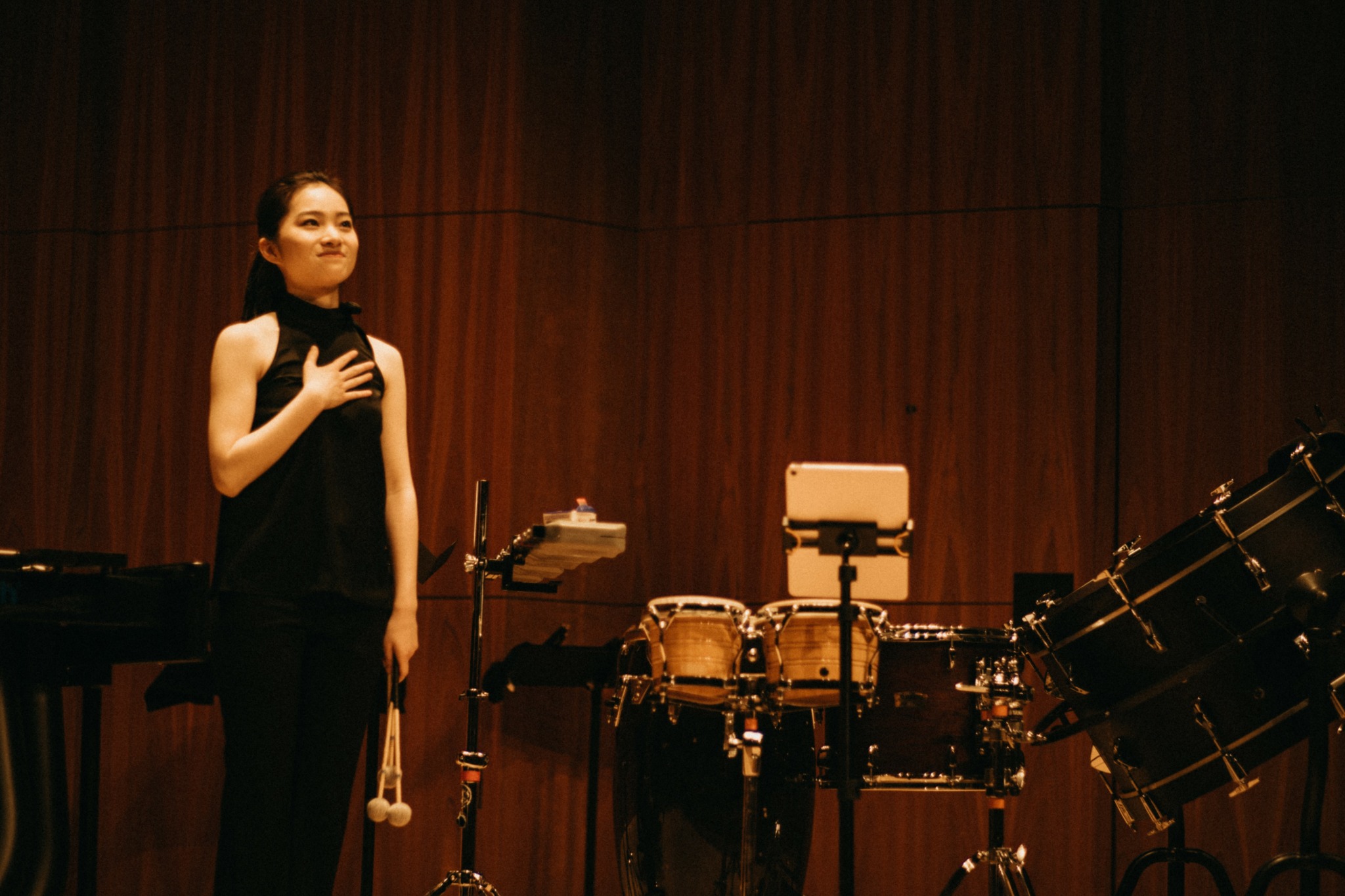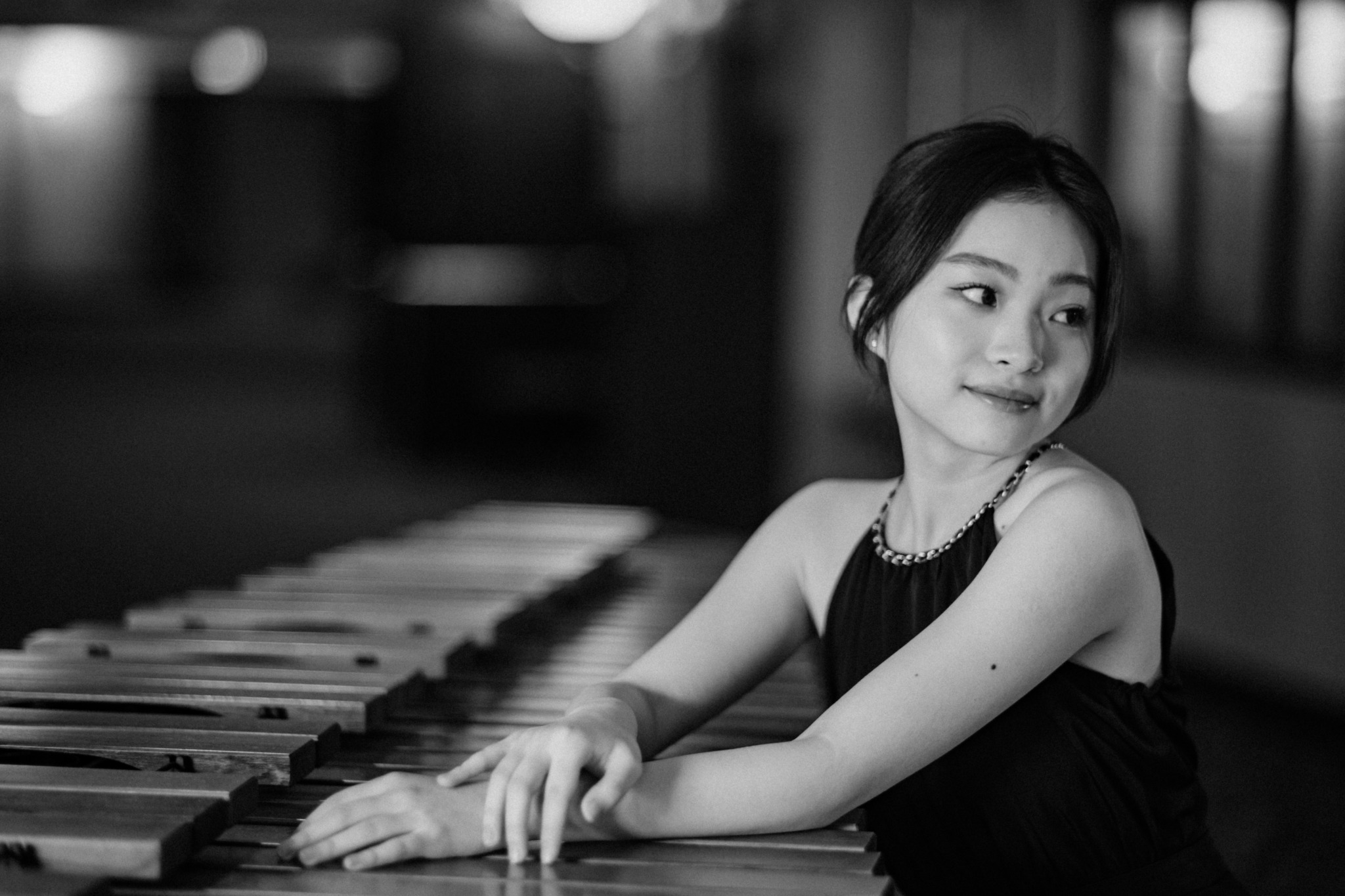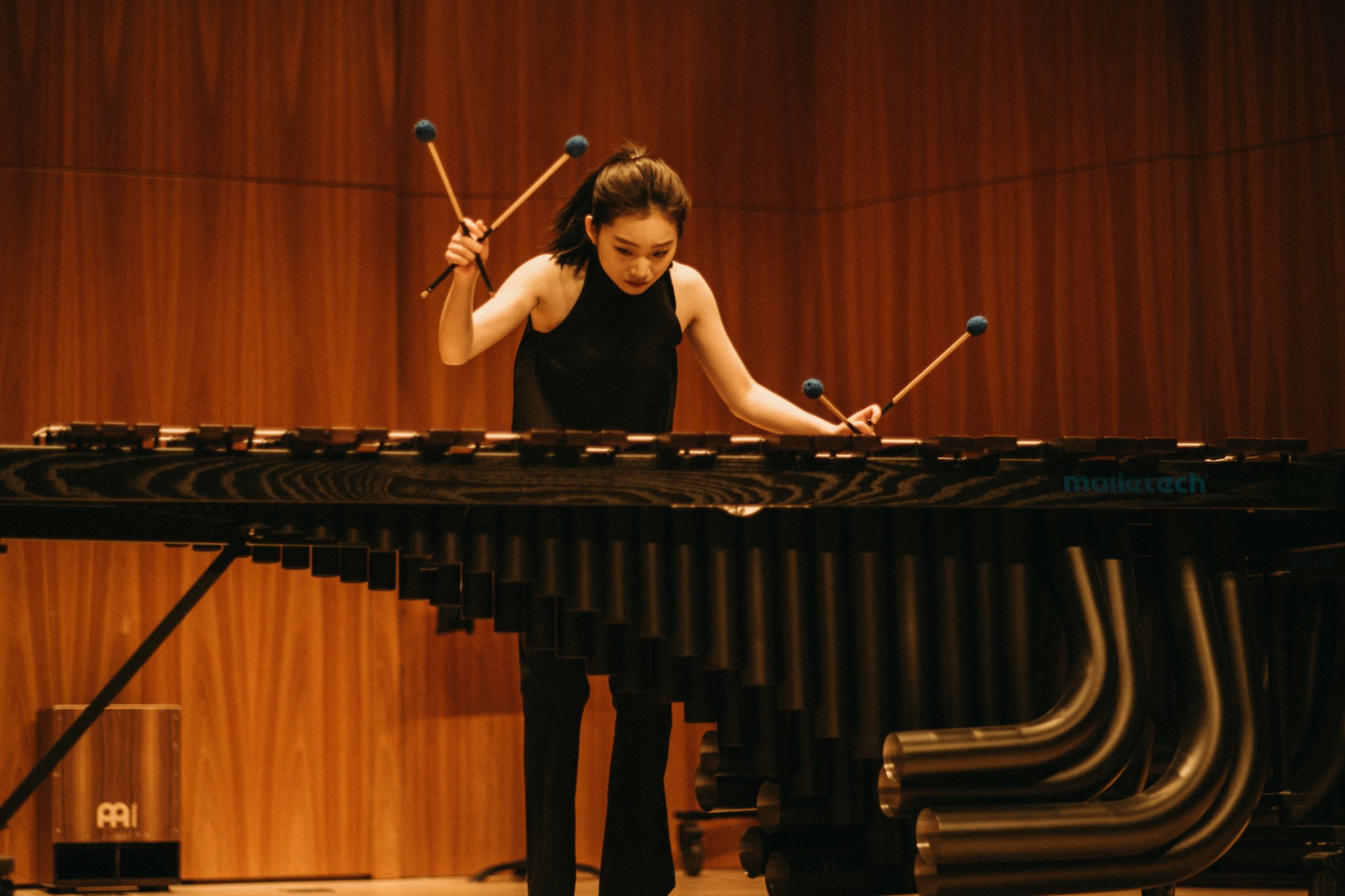We were lucky to catch up with Ruyi Yuan recently and have shared our conversation below.
Hi Ruyi, thanks for joining us today. We’d love to hear about when you first realized that you wanted to pursue a creative path professionally.
I started playing piano when I was four, so music was a part of my life from a very young age. But the real turning point came when I discovered percussion at the age of 12. There was something about the physicality and variety of sounds that instantly drew me in, it felt like I had found my voice in music.
Soon after, I was accepted into the middle school program at the Shanghai Conservatory, which gave me the chance to immerse myself in a more serious and structured music environment. I realized I didn’t just love percussion, I wanted to truly understand it and grow with it.
At 14, I made the decision to come to the United States to study. It was a big move, especially at that age, but I knew I needed to be in a place where I could be surrounded by other passionate musicians and experience a broader range of musical opportunities. That step confirmed for me that this wasn’t just a hobby, it was the path I wanted to pursue professionally.

Ruyi, love having you share your insights with us. Before we ask you more questions, maybe you can take a moment to introduce yourself to our readers who might have missed our earlier conversations?
Hi! My name is Ruyi Yuan. I’m a classically trained percussionist and an aspiring music agent, currently finishing my undergraduate studies at the Eastman School of Music. I’ve dedicated most of my life to music—both on stage as a performer and behind the scenes, where I’m passionate about supporting other musicians and helping them thrive.
I started piano at the age of four, but everything changed when I discovered percussion at twelve. The variety of instruments, the expressive range, and the physical energy of percussion made me fall in love with music in a completely new way. After attending the Shanghai Conservatory’s middle school program, I moved to the U.S. at 14 to study percussion more seriously. That decision led me to Interlochen Arts Academy and eventually to Eastman, where I’ve performed regularly as a soloist, chamber musician, and ensemble player—at venues including Carnegie Hall and the New World Center.
In addition to performing, I’m deeply interested in the music business and entrepreneurship. I’ve realized how many talented classical musicians struggle to promote themselves or navigate the industry. My goal is to help bridge that gap—whether it’s by providing career guidance, booking support, or creative direction. What sets me apart is that I understand both the artist’s mindset and the industry’s demands. As someone who has been on stage and in rehearsal rooms, I can connect with musicians on a real level while bringing a business-savvy approach to support their careers.
Right now, I’m most proud of my dual focus: continuing to grow as a performer while also working toward becoming a music agent who champions innovative, passionate artists. Whether I’m playing marimba in a solo recital or helping a colleague design a concert tour strategy, my mission is the same—to share meaningful music with the world and empower others to do the same.
I want people to know that I’m building a career not just for myself, but to help others thrive in the classical music world. I care deeply about making this industry more accessible, more connected, and more sustainable for the next generation of musicians.
What do you find most rewarding about being a creative?
For me, the most rewarding aspect of being an artist is the moment of connection with the audience—that feeling when the music truly resonates with someone, even if just for a few seconds. As a percussionist, I often perform works that aren’t as familiar to the general public as, say, a piano or violin solo. So when someone comes up after a performance and says, “I didn’t expect to be moved by percussion like that,” it reminds me why I do what I do.
Another rewarding part is the collaboration and community that come with being a creative. Whether I’m playing in an ensemble, preparing for a solo recital, or helping a fellow musician figure out how to promote their work, I feel most alive when I’m contributing to something bigger than myself. Being an artist allows me to constantly learn, evolve, and help others grow as well—and that balance between self-expression and service is something I truly treasure.

Is there mission driving your creative journey?
Yes—my creative journey is driven by a mission to not only grow as a performer, but also to support and uplift other musicians, especially in the classical music world. I’ve seen so many talented artists struggle to find visibility and opportunities, not because they lack ability, but because they don’t have access to the right resources or support.
That’s why I’m pursuing both performance and music industry training. I want to become a music agent who truly understands what it means to be an artist—someone who can guide musicians from a place of empathy, experience, and strategy. My goal is to help create a more sustainable and connected future for classical musicians, where creativity is supported by strong infrastructure and collaboration.
At the heart of it, my mission is to share meaningful music and help others do the same, whether I’m on stage or behind the scenes. I want my work to be a bridge between artistry and opportunity.

Image Credits
Yujen Tsai


